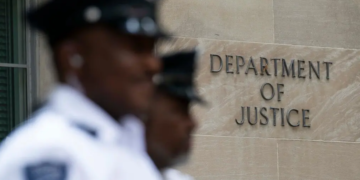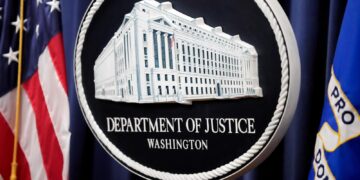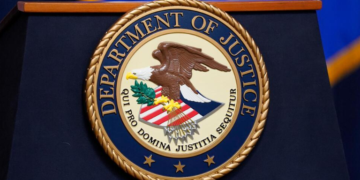Dec 27, 2024 Story by: Editor
MEMPHIS, Tenn. — The City of Memphis has announced plans to appoint Judge Bernice Donald to oversee the Memphis Police Department (MPD) in the aftermath of a U.S. Department of Justice (DOJ) investigation.
The decision follows Memphis Mayor Paul Young’s opposition to entering a consent decree with the DOJ, despite the scathing findings from the federal review. Mayor Young emphasized that the city has implemented numerous positive changes since the fatal beating of Tyre Nichols.
City officials revealed in a statement that Judge Donald will serve in a “Process Oversight Capacity” as a neutral and independent monitor. Her role will involve guiding the city’s community response and action plan. “She will be autonomous and vested with the decisional authority necessary to ensure public confidence in the undertaking,” the statement added.
Judge Donald will also lead a nine-member task force charged with developing a comprehensive response plan. To support this effort, the city stated it “plans to allocate a budget that will enable Judge Donald to secure the resources and subject matter experts needed to support the development of the response.”
Mayor Young expressed confidence in Judge Donald’s leadership, saying, “We are encouraged to collaborate with Judge Donald on this effort; I believe there is no one more qualified to lead the process. We are committed to fostering a transparent and effective community response and believe this task force will ensure that every voice is heard. Together, we will develop a comprehensive action plan that meets the needs of our residents.”
Judge Donald, who made history in 1982 as Tennessee’s first African American female judge, also became the nation’s first Black female bankruptcy judge.
“Judge Donald’s extensive experience and impartiality make her the ideal leader for this work,” said Tannera Gibson, Chief Legal Officer for the City of Memphis. “We believe that under her guidance, the task force will effectively engage the community and develop a responsive action plan that truly reflects our city’s needs.”
However, some community members expressed reservations. Robert Brown, a business owner in Orange Mound, voiced skepticism about the city’s ability to address the DOJ’s findings. “I don’t think that we should trust the City of Memphis to get this right; they were the ones that got it wrong,” Brown said. “I think we need to bring in some more people that they have real accountability, and that the community starts to get some real transparency.”
Brown also recounted a personal encounter with MPD, explaining how he was detained for 30 minutes after criticizing officers’ handling of a situation where his neighbor had been killed. “As they were detaining me, my fiancée is there, she’s telling them, hey this is not alright, this is not cool. You had officers calling out her name and different things like that, and threatening to arrest her also,” he said.
The DOJ declined to comment on the city’s decision to hire Judge Donald.
The 17-month DOJ investigation, initiated after Nichols’ death, concluded that MPD officers routinely used excessive force and disproportionately targeted Black residents. The report found constitutional and civil rights violations, with Assistant U.S. Attorney General Kristen Clarke calling the review “comprehensive and exhaustive.”
The probe highlighted systemic issues in MPD, ranging from the frequent use of unwarranted force to the mistreatment of Black individuals in the predominantly Black city. Nichols’ death in January 2023, following a traffic stop, underscored these failures.
Despite these findings, Mayor Young has maintained that the city can implement meaningful reforms without entering into a consent decree, a legally binding agreement requiring federal oversight. “We believe we can make more effective and meaningful change by working together with community input and independent national experts than with a bureaucratic, costly, and complicated federal government consent decree,” Young previously stated.
The DOJ has warned that it could pursue legal action to enforce reforms should Memphis refuse to agree to a consent decree. Image Source: Local Memphis
















